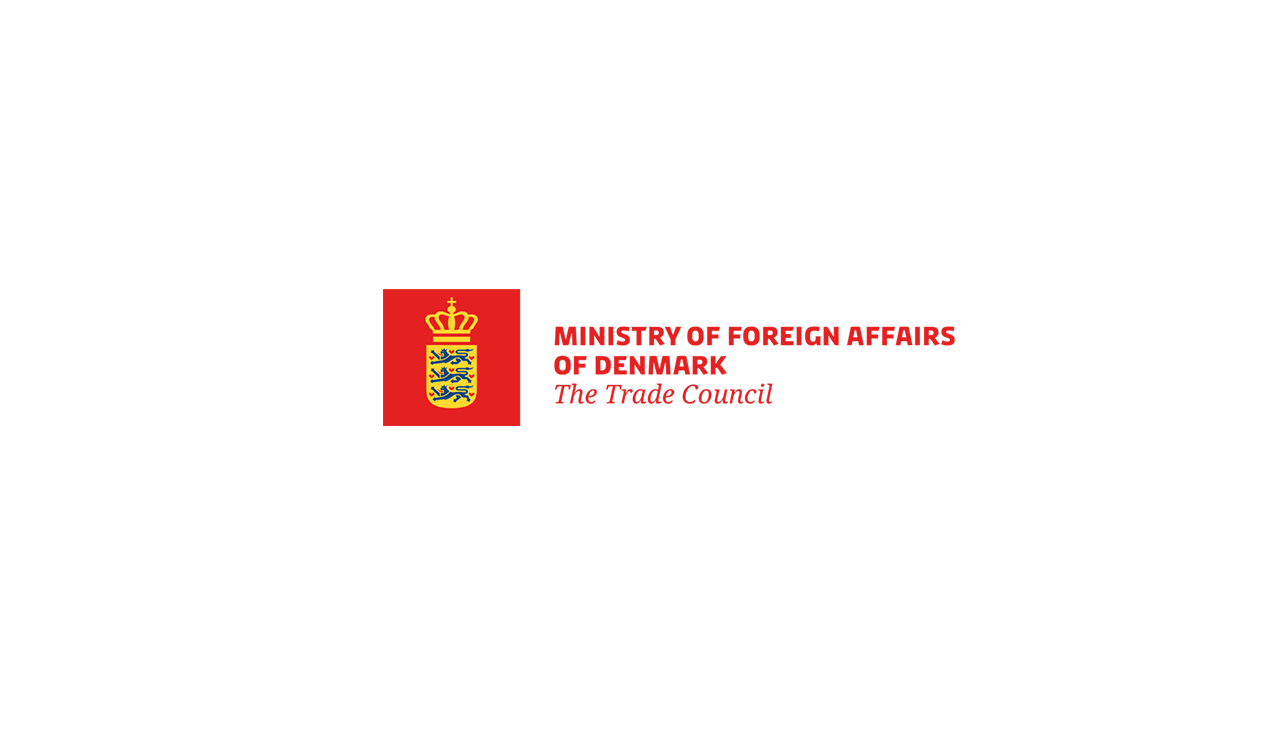Joined the programme in 2020
Our ambition is that health promoting programmes in Istanbul, the cultural heart of Turkey, will provide a good example for the rest of the country.

In Turkey 32% of the population is living with obesity and 11% is living with diabetes.1 These numbers are among the highest in Europe and they are expected to rise rapidly over the coming years. It is predicted that by 2025, 30% of men and 48% of women will be living with obesity1. The total number of people living with diabetes, which today stands at 6.5 million people, is expected to reach 10.4 million by 2045.2
Key facts and figures
11%
of the population is living with diabetes3
32%
of the population is living with obesity1
>30%
of children in the 5–9 age group are overweight or living with obesity4
Childhood obesity is increasing as well as threatening community health. There are now more than 3 million children with obesity in Turkey3; therefore, this programme aims to identify the root causes of diabetes starting from childhood obesity in Istanbul, which reflects 20% of the country population.
In-depth research was conducted by IPSOS to identify major gaps and determination of social risks, cultural and urban factors, focusing on Istanbul’s perception of obesity. During the COVID-19 pandemic, an online Social Listening study was conducted which highlighted topics such as; the notion of living healthy, being part of a healthy environment, and obesity risk factors associated with an urban lifestyle. Qualitative and quantitative research followed the social listening phase with online 1:1 in-depth interviews to understand children’s lifestyles, dietary habits, living conditions and approaches of their parents and authorities and the underlying causes of the obesity among children.
Targeting preschool children and their families, projects have been developed with the aim to change habits and promote healthy living. Digital and face-to-face educational programmes have been created for the curriculum of nurseries as well as a ‘Persona Dolls Educational Initiative’ teaching method to be implemented in the curriculum to prevent obesity stigmatisation.
"We rank first in Europe in obesity. Moreover, we are the second country with the highest obesity rate among OECD countries after the USA. Although obesity is generally perceived as an adult disease, childhood obesity is unfortunately now a global public health problem."
— Dr Şengül Altan Arslan, İstanbul Metropolitan Municipality Deputy Secretary General.
WHO 2018 Country Report: https://www.who.int/nmh/countries/tur_en.pdf?ua=1, accessed March 2020
International Diabetes Foundation Diabetes Atlas 2019
International Diabetes Federation (IDF). IDF Diabetes Atlas 10th edition. 2021
World Health Organization. WHO European Regional Obesity Report. 2022: https://apps.who.int/iris/bitstream/handle/10665/353747/9789289057738-eng.pdf
World Obesity, Atlas of Childhood Obesity, October 2019




